What's the difference between organic tea and ordinary tea? What is the standard of organic tea? Where can I buy it?
In order for EU Organic Certification to obtain the green EU logo and the mentioned "organic", your product must be certified by a certification body approved by a competent authority, such as Ecocert, to prove that it complies with EU organic regulations. 100% of the food used and processed comes from organic agriculture. EU organic regulations clearly define the conditions under which products and food must be produced in order to have a BIO name. Genetic modification of products or the use of artificial fertilizers and pesticides are prohibited. Animals raised directly or indirectly for the production of food must be raised in a manner suitable for the species and must not contain any growth hormone or other artificial growth promoters. The strictest indicator in the tea industry.
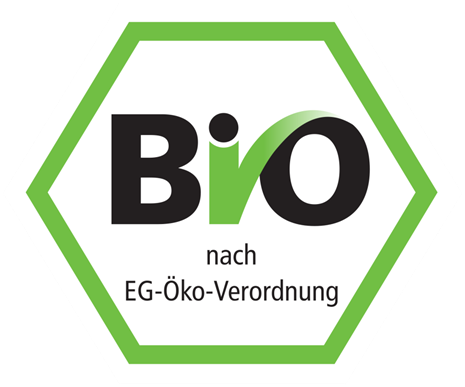
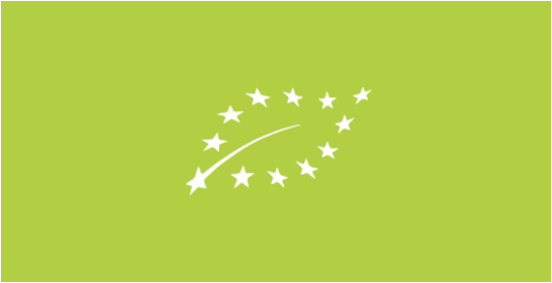
Headquartered in Switzerland, IMO (Institute for Marketecology) is the EU's authority under the most stringent certification regulations for organic products. Its global activities are approved by the Swiss government in accordance with the global certification standard EN 45011 (ISO 65) and approved by the United States Department of Agriculture for organic certification under the US National Organic Program NOP. It has been recognized by the International Marine Management Commission and has been certified for sustainable marine fishing. In addition, it has also obtained the European good Agricultural practice (EUREPGAP) certification, and IMO provides certification services for organic products and their transactions in accordance with EU EEC 2092 Accord 91 and US National Organic Program (NOP) regulations. Strict and authoritative. You can basically walk sideways with this, but it's expensive to get.
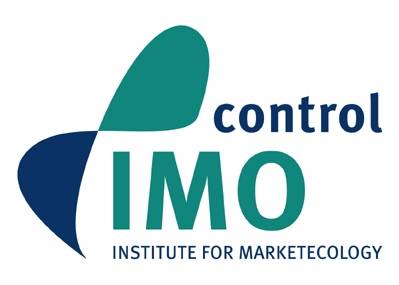
France ECOCERT EU Organic Certification French International Ecological Certification Center (ECOCERT SA) was established in 1991, one of the largest organic certification bodies in the world. Business covers more than 70 countries and regions, such as Europe, Asia, America, Africa and so on. ECOCERT SA operates in strict accordance with ISO 65 guidelines (equivalent to EU EN 45011 guidelines), and is recognized by EU authorities and USDA USDA (one of the first four foreign certification bodies approved by USDA), and approved by the Japanese Ministry of Agriculture, Forestry and Fisheries to carry out organic certification according to JAS standards. Can provide certification services in planting, aquaculture, agricultural means of production, organic cosmetics, organic textiles, organic aquatic products and ecological cleaners. It is recommended that Taiwan tea units test this, and after testing it, it is equivalent to Europe, the United States, and Japan, and the market is good. Entrusting certification that is relatively easy to apply internationally.
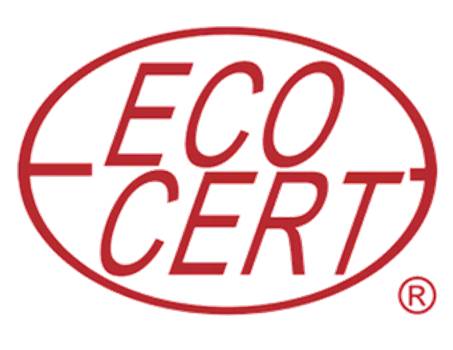
The United States Organic USDA Organic certification, the National Organic Standard (National Organic Progrem, referred to as NOP), prohibits the use of pesticides, chemical fertilizers, growth hormones, chemical pesticides and chemical herbicides on cultivated or treated crops or livestock. In the production process of organic products, it is forbidden to adulterate synthetic substitutes, genetically modified substances and radiation. The specifications are a little less stringent than the organic certification of the European Union, unlike the standards of organic care products set by other independent European institutions. Even animal composition, animal experiments, product packaging, environmental protection. There are also norms for such projects. However, the standards of food safety, hygiene and auditing are strict, and they are also representative in trade, with a high degree of practicality. The American tea market is full of this.
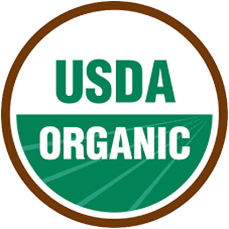
Japan Organic in Japan, the certification of organic food is approved by the Ministry of Agriculture, Forestry and Fisheries. After verification, the unified national JAS certification mark can be pasted. With regard to JAS organic certification, China's Council of Agriculture actually has a lot of data, because often send staff to Japan to study, there are many reports, if you are interested, I would suggest you first read this "introduction to the certification system of organic agricultural products in Japan", although there is a little history (2004), there may be some changes in the situation, but the understanding as a basic concept should be very appropriate. Some matchas imported from Taiwan are also JAS certified organic matchas with labels on their packaging. However, this label is not recognized in Taiwan and must be torn off during customs inspection before it can be imported.
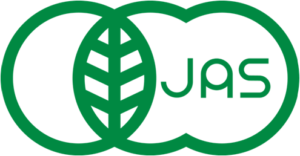
Indian organic Indian organic food is the certification mark of organic agricultural products produced in India. The certification mark proves that an organic food product conforms to the national standard of organic products was established in 2000. These standards ensure that products or raw materials used in products are grown through organic agriculture without the use of fertilizers, pesticides or induction hormones. The certification is issued by a testing center accredited by the Agricultural and processed Food Export Development Bureau (APEDA). The government of India is organically produced under the national programme. Although the standard has been in effect since 2000, certification schemes and certification marks also appeared in 2002. The commonly used certification of Indian tea, as a reference standard, can screen out most of the defective goods, and the cost is not high and easy to use. Indian tea refers to a good standard, and it is convenient and easy to choose tea.
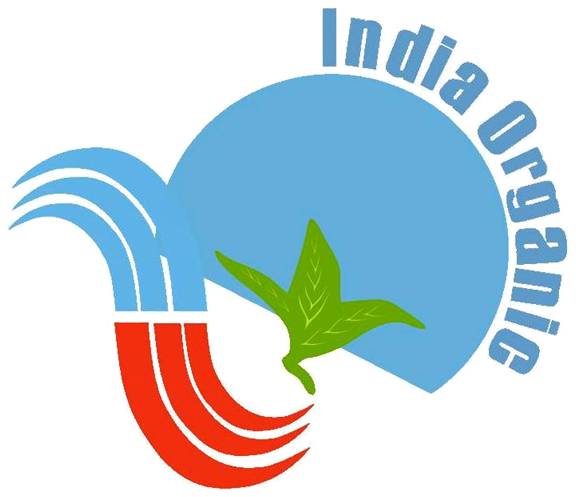
Canadian Organic Canada Organic Biologique, the official national organic seal of Canada, issued by the Canadian Food Inspection Agency, is used for products produced by organic agriculture. Organic certification is a system that helps ensure the integrity of organic products from the field to the dinner table. This is the minimum benchmark for determining the basic requirements of an organic food production system. In Ontario and Canada, organic farms are certified by third-party certification bodies approved by the Canadian Food Inspection Agency (CFIA). It takes up to three years for manufacturers to transition to the production and sale of certified organic products. In the transitional phase, products can still be sold, but not as certified organic products. If the manufacturer can prove that no prohibited substance has been used on the property in the past three years, it will take at least 15 months to obtain certification. You need it if you want to sell it in Canada.
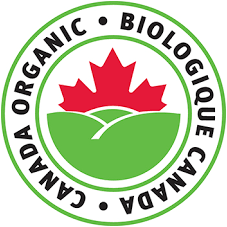
According to the definition of organic agriculture by the Codex Alimentarius Commission of the United Nations, organic agriculture is an overall production management system that promotes and strengthens the health of agro-ecosystems, including biodiversity, biological cycle and soil biological activities. The organic agricultural production system is based on clear and strict production standards and is committed to optimizing social, ecological and economic sustainability. Do not use synthetic substances such as chemical pesticides, chemical fertilizers, growth regulators, feed additives, etc.; production follows the laws of nature, is in harmony with nature, and adopts a series of technologies friendly to ecology and the environment, maintain a sustainable and stable agricultural production process; do not use organisms and their products obtained by genetic engineering. There are many tea gardens with good environment in China, but most of the good tea gardens cannot afford this certification.
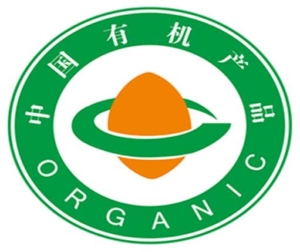
Q: what is the concept of pollution-free? A: pollution-free refers to products that comply with the Standardization Law of the people's Republic of China, whose products can be controlled within a safe range of toxic and harmful substances and obtain the good characteristics of legal environmental quality (mostly agricultural products similar to non-toxic agriculture, no one looks at tea.
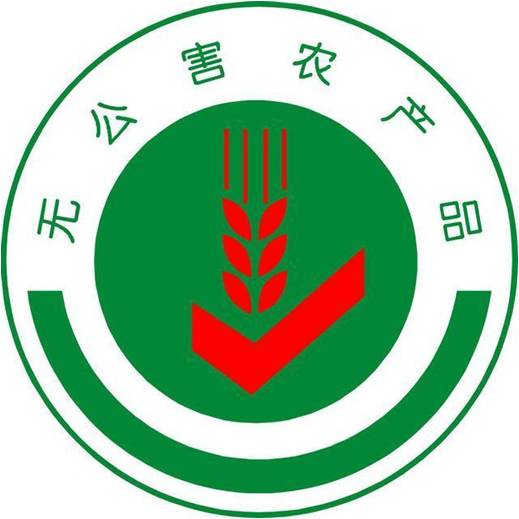
Green food is divided into A grade and AA grade. AA grade green food production process does not use chemical synthetic fertilizers, pesticides, veterinary drugs, feed additives, food additives and other substances harmful to the environment and health, but is produced in an organic mode of production, and the product quality conforms to the green food product standards. Tea is used by some people, which is similar to natural farming.
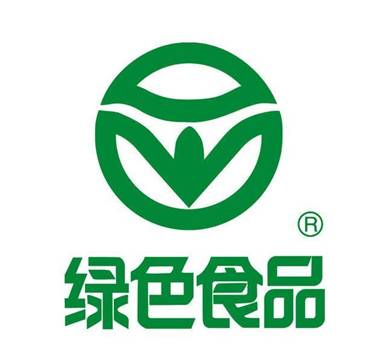
Australian Organic Australian Certified Organic AOC, in Australia, since Australia does not have domestic standards for organic products, the Australian Quarantine and Inspection Service (AQIS) is the organic certification control body. At present, the government only participates in organic certification at the time of export, which means that AQIS is the default certification body. Although there is no system to monitor the labelling of organic products sold in Australia, this mainly affects the retail public. For commercial buyers who are a problem, they only use the export system as the de facto standard and are willing to pay high prices for the products of growers certified by the national plan. Buy tea bags from Australia and New Zealand, which can be used occasionally.
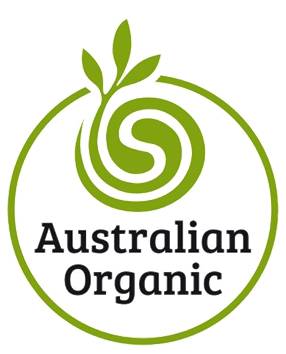
NATURLAND, a German organic agriculture association, says more and more consumers are asking for organic products, which are produced in accordance with the rules of private organizations such as the German Nature Association (Naturland Association). One aspect of this trend is that, especially in Germany, consumers think socially important when buying organic food. In addition to EU organic product requirements, natural resource requirements must also be followed. It is well known in the European (especially German) market that, in many cases, the price of products that can be achieved throughout the supply chain is higher than that of EU organic products. Only items produced in accordance with the Naturland standard are allowed to be affixed with signs. Audits can be obtained through cross-border integrated certification, and in most cases, annual EU organic audits can be synchronized with German audits to save cost and time. It is found in almost all organic herbal teas produced in Germany.
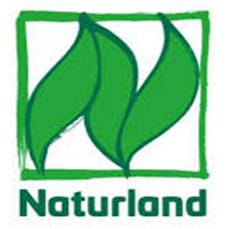
The British soil Association Soil Association ORGANIC, although not an organic standard, has a concept of similar significance. Regulatory constraints of the UK Organic Food Standards Registry (UKROFS). The first private organic standard was issued in 1967, followed by the French Nature et Prog è s in 1972. These standards are more of a set of guiding principles than today's popular detailed production and processing standards. It is important to recognize that this initiative and other private standards subsequently developed in Europe, the United States and elsewhere are driven by a common definition of organic by organic farmers in the region. Since standards are set in specific areas where certification bodies operate, they are more suitable for local ecosystems and local cultures than distant standards. Tea products appear, usually accompanied by organic certification from the European Union.
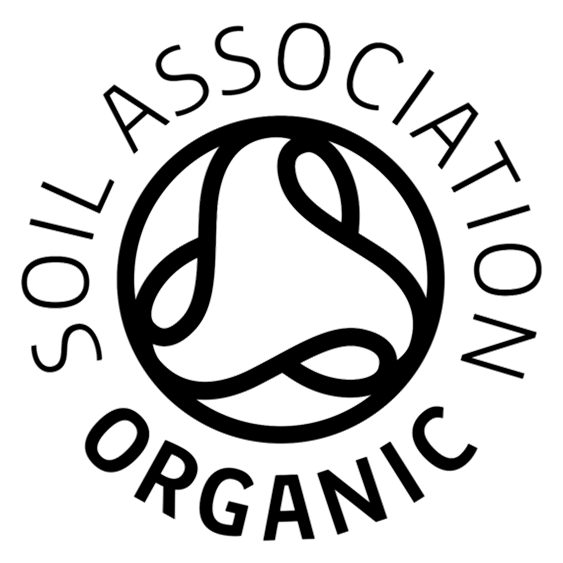
Rainforest Alliance QS, UTZ certified Rainforest Alliance, the Rainforest Alliance is an internationally recognized standard for environmental, social and economic sustainable development. UTZ (formerly known as UTZ Certification) is a sustainable agriculture program and label. More than 10000 products in more than 116countries are packaged with UTZ tags. Since 2014, UTZ has been the largest sustainable coffee and cocoa growing program in the world. The UTZ program covers good agricultural practices, social and living conditions, farm management, and the environment. In response to the growing challenges of deforestation, climate change, systemic poverty and social inequality, UTZ formally merged with the Rainforest Alliance in January 2018.
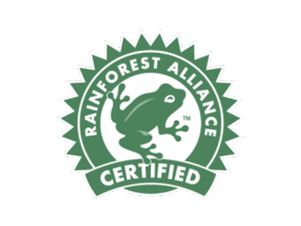
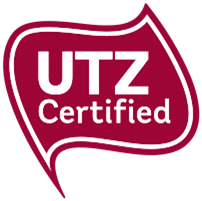
The United States FDA certification the United States Food and Drug Administration (Food and Drug Administration) referred to as FDA,FDA is one of the executive agencies established by the US government in the Department of Health and Human Services (DHHS) and the Department of Public Health (PHS). As a scientific regulatory body, FDA is responsible for ensuring the safety of food, cosmetics, drugs, biological agents, medical equipment and radiation products produced or imported by the United States. It was one of the earliest federal agencies with consumer protection as its main function. It is the minimum standard for tea import trade and customs declaration. Look at pesticide residues.
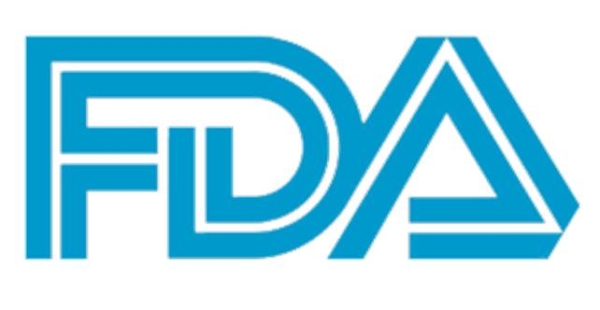
HACCPHACCP is known as "Hazard Analysis and critical Control Point" and risk analysis in the food industry. The purpose of HACCP is to take measures to eliminate factors that may adversely affect human health. During the inspection, all stages of the food chain are taken into account. These stages can be classified as preparation, preparation, production, transportation, storage, packaging, preservation and transportation. Sanitary conditions must be observed at every stage. In addition to risk analysis, identify and follow key points. Consumer risk arises from the microbial, chemical or physical interactions of food. In short, HACCP can be regarded as a food-oriented quality assurance system. 100 is a food production certification, food quality and safety system designed to conduct food safety analysis, identify critical control points and eliminate hazards in food production based on hazard analysis. Hazards are prevented by identifying and checking each point separately according to the product, which may result in risks from raw materials to consumption. The sanitary factories promoted by Taiwan in recent years are close to the need to comply with this rule, and in practice, it is a bit difficult for Taiwan tea gardens to meet this standard of information recording.
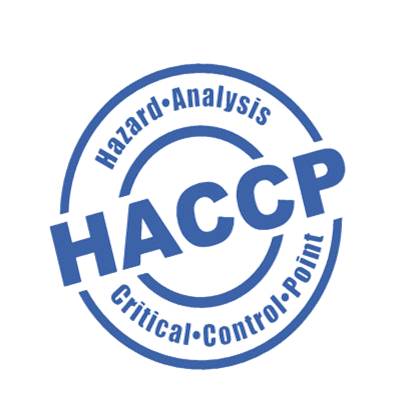
Important Notice :
前街咖啡 FrontStreet Coffee has moved to new addredd:
FrontStreet Coffee Address: 315,Donghua East Road,GuangZhou
Tel:020 38364473
- Prev
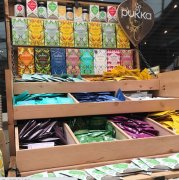
Tea bag brand top 10 disposable tea bag is harmful to health? The correct method of making tea bags
Pukka, an organic non-caffeinated herbal tea, is a well-known organic herbal tea brand in the UK. Its tea is combined with ancient Indian medicine Ayurveda to promote the integration of herbal nature and human beings, bringing body and soul washing. Since Pukka is a decaffeinated tea, there is less excitement caused by caffeine, but one more serving.
- Next

Iced black tea has floc in it. What is it? Ice black tea drink much what effect to have to the body?
Your tea is as good as your water. Maybe you are a consumer who wants to enjoy the subtle taste of Japanese matcha or Yunnan Pu 'er tea. Or you're a coffee shop owner looking to boost profits (tea is usually the most profitable of all menu items). No matter who you are, if you want your tea to have the best taste, aroma and clarity
Related
- Unexpected! Ruixing Telunsu lattes use a smoothie machine to foam milk?!
- % Arabia's first store in Henan opens into the village?! Netizen: Thought it was P's
- Does an authentic standard mocha coffee recipe use chocolate sauce or powder? Mocha Latte/Dirty Coffee/Salty Mocha Coffee Recipe Share!
- What is the difference between Vietnam egg coffee and Norway egg coffee? Hand-brewed single product coffee filter paper filter cloth filter flat solution!
- What is the difference between sun-cured and honey-treated coffee? What are the differences in the flavor characteristics of sun-honey coffee?
- How to make Italian latte! How much milk does a standard latte use/what should the ratio of coffee to milk be?
- How to make butter American/butter latte/butter Dirty coffee? Is hand-brewed coffee good with butter?
- Is Dirty the cold version of Australian White? What is the difference between dirty coffee/decent coffee and Australian white espresso?
- Relationship between brewing time and coffee extraction parameters How to make the brewing time fall to 2 minutes?
- Got entangled?! Lucky opens a new store, Mixue Ice City, and pursues it as a neighbor!

